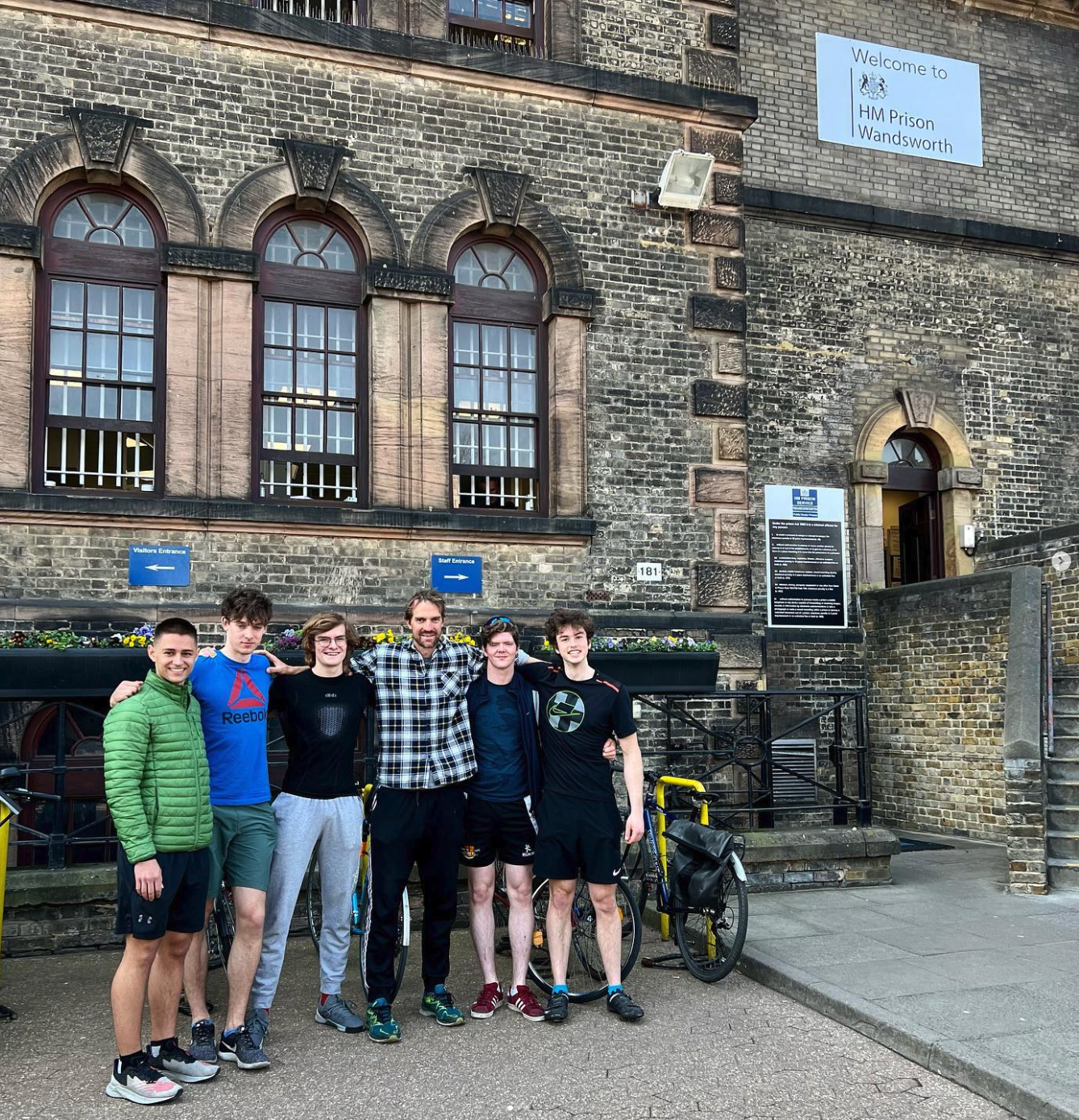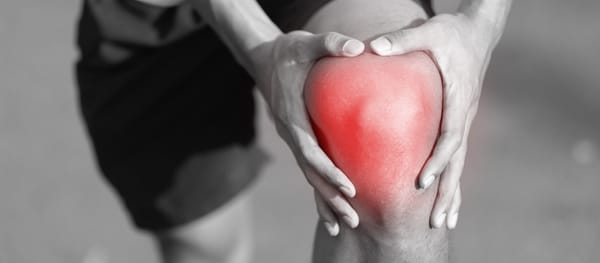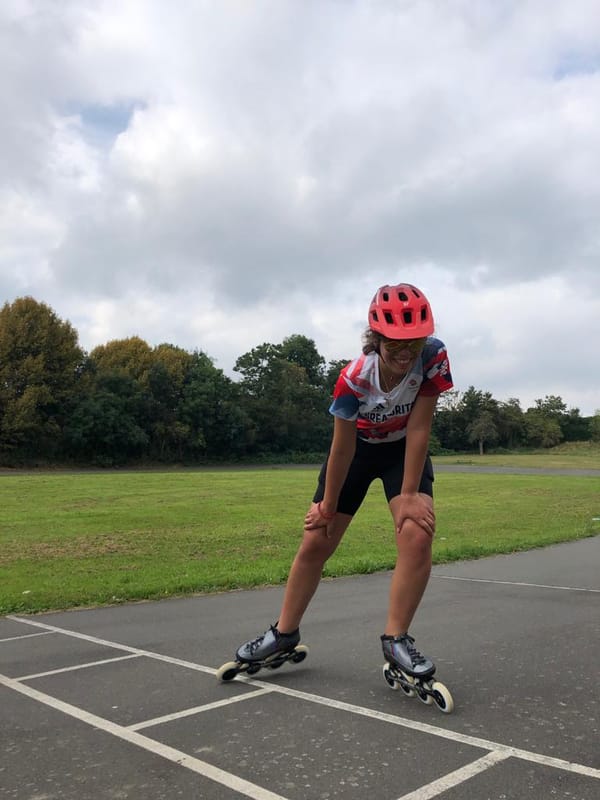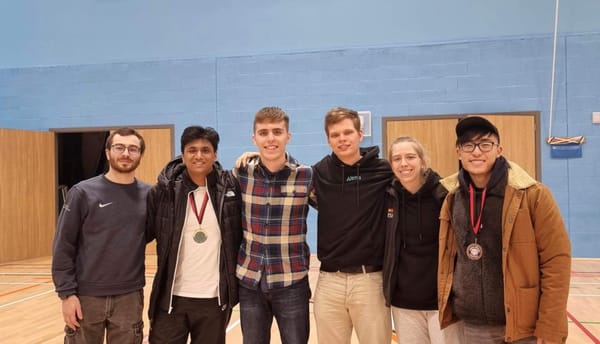Imperial Rowers take on Wandsworth Prisoners
An outreach program which led Imperial rowers to race against inmates at Wandsworth prison

Imperial’s rowing coach, Peter Hardcastle, did a three-and-a-half-month program where he coached the inmates of Wandsworth prison until the end of March.
“It was a personal thing, where I felt that I wanted to give a little more to the community and wanted to do something different. I was there for two hours every Thursday morning, and it was really good. Personally, I think everyone deserves a second chance. I think it’s about giving people opportunities, especially in areas where they are otherwise unavailable, and then people can make their own decisions. It started with a four-week program, where I would go in and give rowing lessons to 12 prisoners. As time went on, and as the program grew, I did two-week rotations, where I would train 12 different prisoners from a set wing (as you can’t mix wings) over time. I would teach them how to row on the rowing machine, I would give them a workout which they could do, and also teach them how to do a relay. After a while, we came up with the idea to have a 2km rowing relay challenge between six prisoners and six imperial students.
“The actual challenge was really good. The six imperial rowers went first, followed by the six prisoners. The atmosphere was electric! The prisoners beat the rowers by 0.4 seconds!”, says Peter.
One of the students describes the experience: “racing in the prison was an amazing experience. There was a great atmosphere of friendly competition and it was a privilege getting to know all the guys we raced”.
A large part of the experience was the discussions between the rowers and the prisoners. Peter says, “It was amazing that all the rowers were really happy talking to all the prisoners. Most of the prisoners were on twenty-year sentences for drug related stuff, and all the rowers found it fascinating talking to them! Most Imperial students wouldn’t normally mix with prisoners, so it was fascinating to them. You could see by their body language and stories after, they really enjoyed it. This event 100% changed the students’ perspective.”
“It was an experience out of the ordinary for everyone involved”, says one of the students who attended it.
The conversations between the students and the prisoners were also very diverse. Another of the student rowers says, “the opportunity to visit an operational prison and compete directly against some of the inmates was a memorable one. Speaking with some of them before the race, it was interesting to talk about the Open University degrees they are taking and comparing our different experiences of ‘remote learning’”.
Peter describes involving the students and safety in this event. “Even now, rowers have asked me when I will be running this event again because they would like to be involved. I would love to continue involving Imperial Students, and it is a very, very safe place. Prisoners aren’t there to harm people that are trying to help them from the outside world. Really, the only violence there is against themselves and gangs within the prison; they never attack the person who is giving them gym time, or the rowers that are there to do a competition. They aren’t that type of people.”
Even though the original challenge only lasted an evening, the prison continued to run the program and had competitions between two teams from each wing, across eight different wings. The event has kept running till now.
Peter says the program had big benefits for the prisoners. “I think the prisoners also thoroughly enjoyed it. On a weekly basis, I would walk through the prison, seeing the prisoners in their cells, seeing where they ate and played sports. Near the end of my challenge there, as we were walking down the wing, there were so many prisoners that would be asking about getting back on the rowing machine again and when they could come and get involved; it was so rewarding to see them so happy. The prisoners like a good workout, they like feeling they used their muscles and that they are getting strong. Teaching them how to apply the power through the rowing stroke is really good; there are some very strong men in there.”
There were some prisoners that stood out. “You would see some very interesting characters in the prison. A few were exceptionally strong and competent rowers. All the guys were very kind and nice to talk to.”
There are some plans to continue this opportunity for prisoners to row. “We sort of talked about running it from a British Rowing challenge, virtually, so that the prisoners could maybe enter events outside the prison and compete that way as well. The prisoners might not have the cardio to do a 2km race, but they would manage the 500m with changes, like a relay. It would be really promising to have a Wandsworth prison team competing in the virtual British Rowing.”
We also asked Peter about his personal experience running the program. “It was very beneficial. I am really glad I did it and I’ve got some great memories. For the prisoners, it’s someone volunteering their time to go in and teach them a skill they’ve never tested. During the first week, they would all shake my hand after the session. By the second week and every week after, they just started coming up and giving me hugs, just for spending the time to come in and see them. You really see the appreciation is there because they are very thankful and nice to you.
The impact of this program is something that you won’t know the effects of until they are released from prison, which could be a few decades. Hopefully, even if it touches one prisoner’s life, so when they leave they take a different direction, that would mean all the world to me.”
Felix thinks this is incredibly commendable, and something that all Imperial students should strive for: to give back to the community and try something new.








